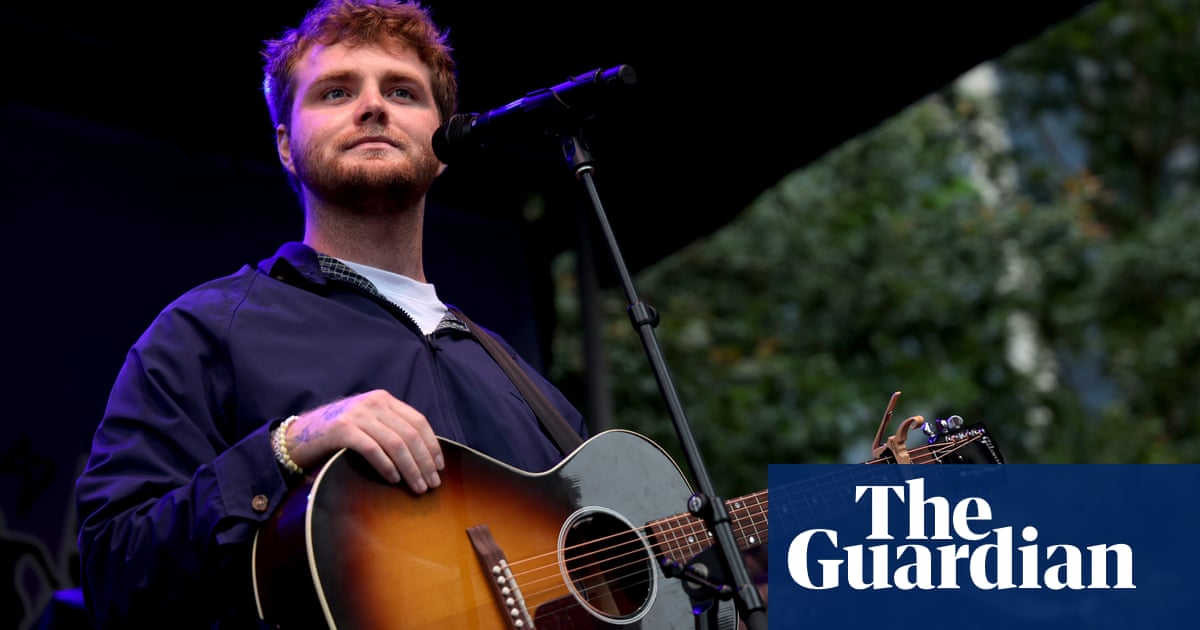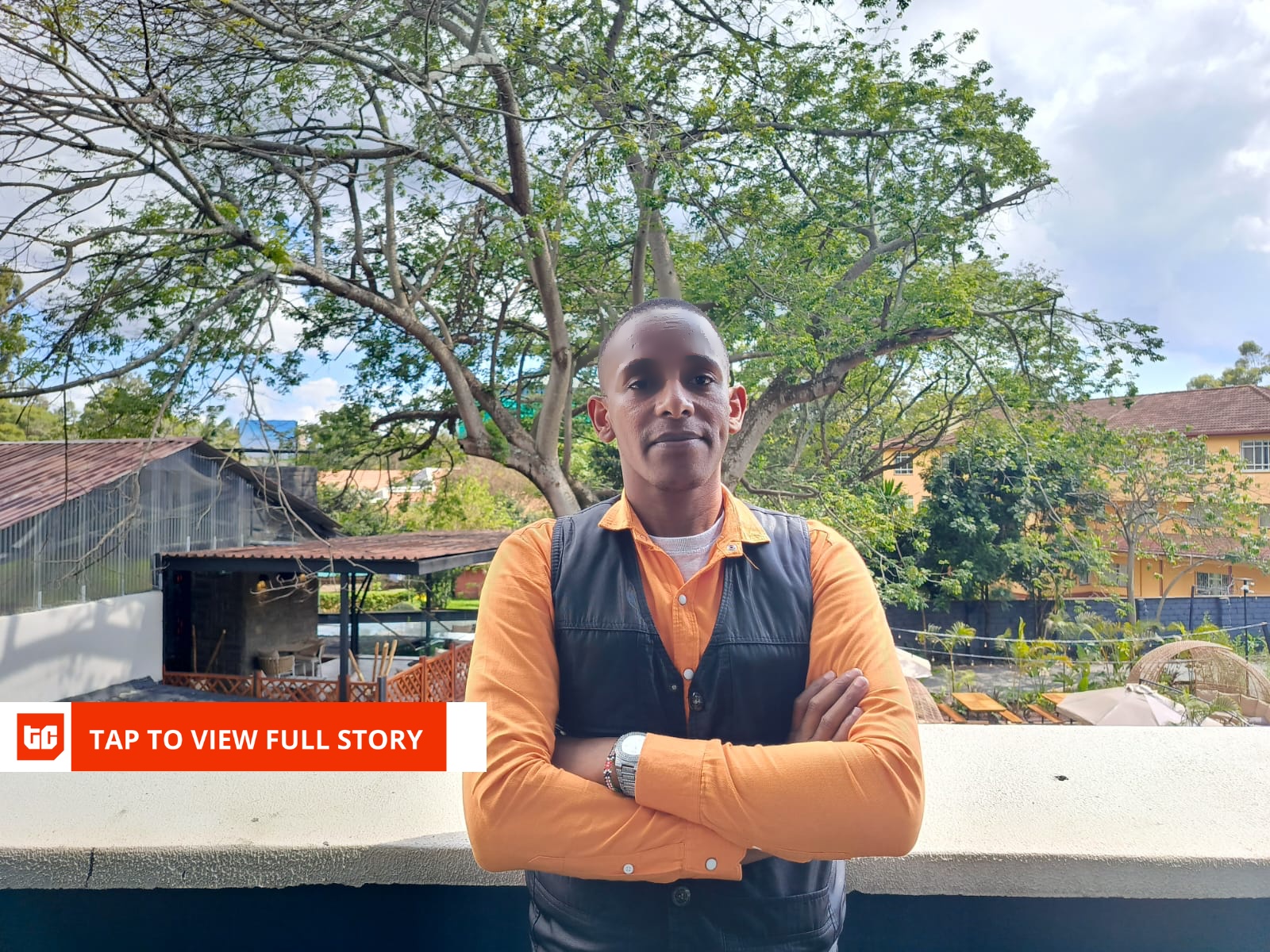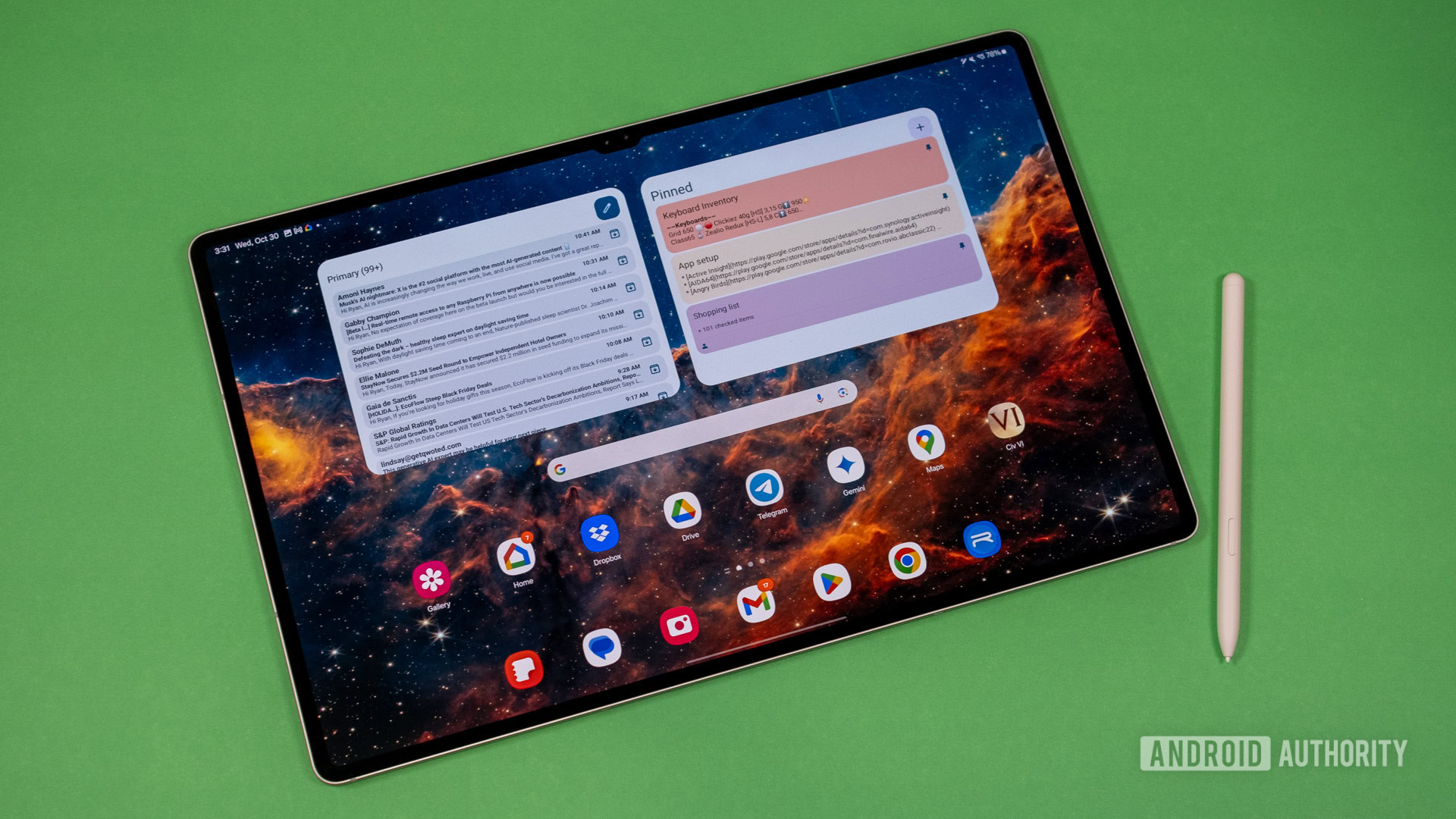At 18, Alex Warren was homeless, sneaking into the gym of a gated community in his home town of Carlsbad, California, to shower for job interviews and film TikTok videos of himself singing in the bathroom. Six years later he is one of pop’s next potential superstars. His bombastic ballad Ordinary has been No 1 in the UK charts for five weeks, the longest-running chart leader this year, and entered the US Top 10 last week. As soon as he heard the finished version, he was “freaking out – my wife and I listened to it on repeat for our entire drive home, for 45 minutes.”
Ordinary may be Warren’s breakout hit but he’s been famous for a long time. He gained notoriety on social media in his teens by making hugely popular videos with titles such as “BROTHER WAKES UP IN MIDDLE OF LAKE PRANK!” In 2019 he co-founded the Hype House, a shared house of content creators (including the D’Amelio sisters and Addison Rae) known for Covid-era internet videos, as well as at least one controversial facemask-free influencer party and, eventually, a $300,000 (£226,000) lawsuit – which Warren wasn’t named in – which alleged property damage and unpaid rent.
He was also one of the stars of Netflix’s subsequent Hype House show, in which Warren goes to increasingly deranged lengths to film his prank videos, eventually staging a fake wedding with his now real wife, influencer, Kouvr Annon. He calls Hype House his “college experience: that’s what I did when I was 19. I wouldn’t be here without that time in my life.”
Warren is speaking by video from Tennessee – an income-tax-free state, and therefore an increasingly popular influencer haven. One of Warren’s sisters lives nearby, and it felt like a spot where Annon could “feel safe” while he’s on tour. The chic new home he moved into last week – I spy vaulted ceilings and a large yard as he paces back and forth – matches his nice new life, miles removed literally and spiritually from the Hype House, and from his difficult youth.
He is one of four children born to a “very successful” real estate father and a stay-at-home mother. He was raised Catholic, which he attributes to his father, who was diagnosed with terminal kidney cancer before Warren was born. “You tend to have a more religious standing” when you’re dying, Warren says, “because you know what’s coming”.
Warren grew up listening to worship music – and arguably Christian-rock-adjacent acts such as Coldplay – which he says has been a strong influence on the music career he has pivoted to. He has “always loved a pop ballad”, but admits he’s no music nerd. “Everyone’s always asked me [what music] I know, and I’m like, ‘I have no idea who these people are and I wish I did.’ So I’ve been really trying to put myself out there and like other music. I’ve been listening to a lot of albums – that’s something I wasn’t doing before.” He cites the latest LP from Hozier, whose soulful vocal delivery is similar to Warren’s, and Charli xcx’s Brat. “I liked it a lot. I was like, ‘Wow, I’ve never listened to music like this before,’ from start to finish. It’s been interesting.”
As Warren grew up, he began to question his faith. His father died when he was nine, leaving his mother with an immense amount of debt in the aftermath of the 2008 financial crash. She descended into alcoholism and was unable to hold down a job. “She was a troubled person who didn’t have it all there in her head, and she suffered a lot her entire life,” he says. “We were on food stamps, and my mum lost everything my dad built for us.”
Warren describes his mother as abusive as a result of her alcoholism. When he turned 18, she kicked him out, leaving him homeless and sleeping on the street or in cars – an experience he describes as “sick” in a positive sense. “I’m not gonna say it wasn’t,” he says. “I felt free – I think anyone who’s been in an abusive situation knows once you’re out of it, no matter the circumstance, it is the most freeing feeling in the world, knowing you don’t have to look over your shoulder and worry.”
During this period Warren was introduced to Annon on Snapchat. She moved from her family home in Hawaii to Carlsbad to live with him, initially in his friend’s car. Warren began making money from social media videos, and later found his way back to the church. I ask how he feels about certain pranks that scan as particularly wasteful, or perhaps unchristian – such as the video in which he crushes Annon’s car, before surprising her with a new one.
“There are things I did that I definitely cringe at,” he says. “But you also have to remember, I was a kid who was just previously homeless, coming out of an abusive household. I was just doing what I thought was the cool thing at the time. Yes, I’m not happy with who I was and what I did, but I had to do those things to appreciate who I am today.”
Warren released his first original song, One More I Love You, in 2021, and started to move away from his comedy videos. “I love the vlogs, but I stopped vlogging because people would make jokes like, ‘Oh, Alex is going to film his wedding, Alex is going to film when he has a baby’, and I was like, ‘Why would I actually do that?’ Then I started thinking, ‘Oh, maybe I might.’ I hated who I was becoming.”
But he did film his wedding – I refer to a clip he posted recently of Annon and him reciting their vows. “That’s like, my wedding video. That’s not, like, me vlogging it. Everyone films their wedding,” he says, scowling. And what about the music video you filmed at it? “I wrote that song for my wedding,” he says. Our conversation has become tense, and a publicist informs me our time is nearly up.
For all that he has already endured in his life – his mother died in 2021 – there will be sceptics about Warren’s pivot from fame-obsessed prankster to God-fearing pop star. His manager Brian Sokolik works for a company that promises to empower content creators to “diversify their businesses and produce projects across music, merchandise, books, podcasts, television, touring and more”. Adam Yaron and Cal Shapiro, two of the songwriters who co-wrote much of Warren’s debut album You’ll Be Alright, Kid (Chapter One), mainly work with social media stars and TV singing competition contestants looking to move beyond cover versions.
But Warren seems to be setting himself apart, at least in the sense that very few content creators have had a song as successful as Ordinary. He hopes his songs about love and grief can help his new fans through their own emotional struggles. “I’ve realised after playing live shows that these songs are helping people,” he says. “I think that’s important.”











